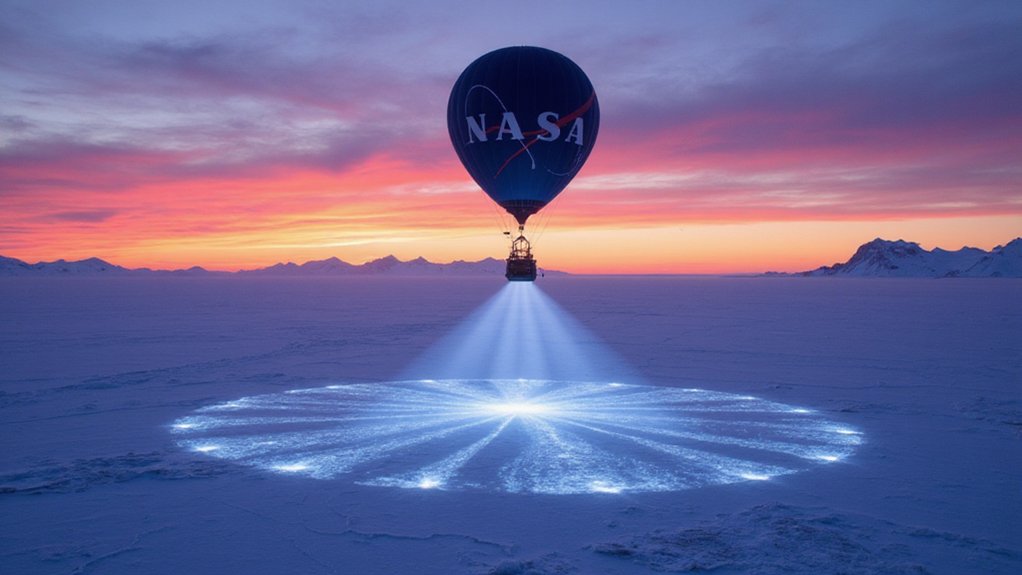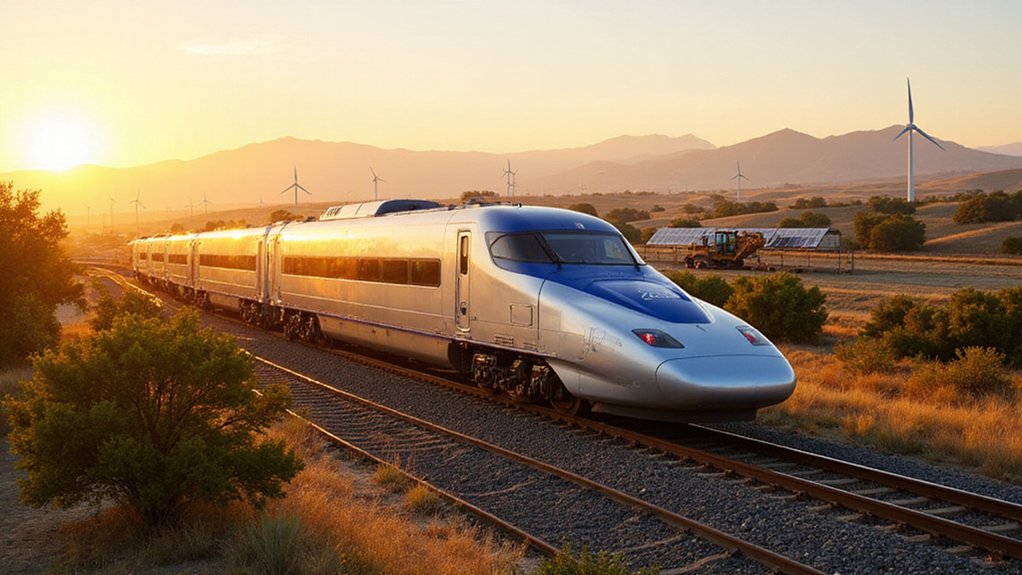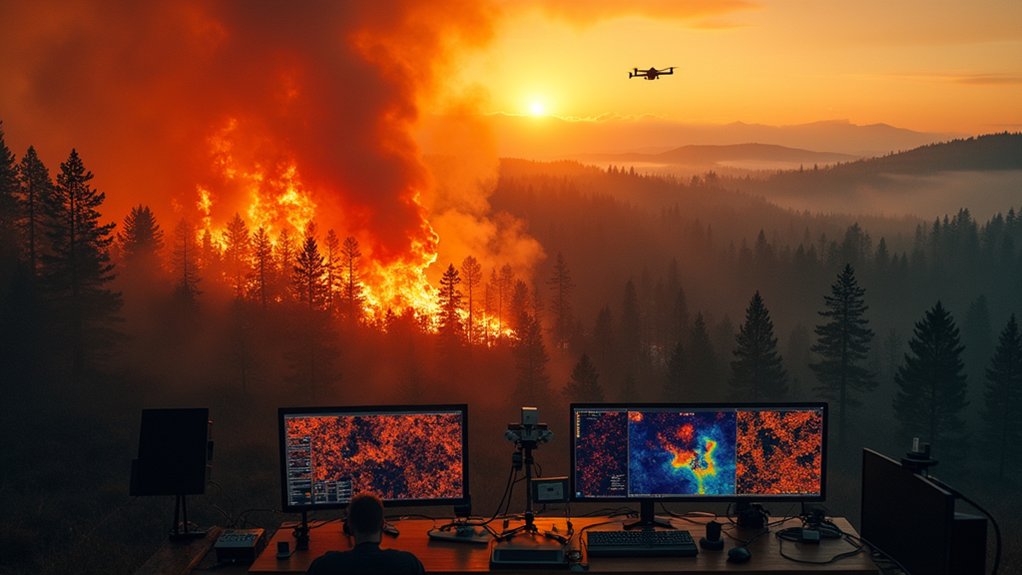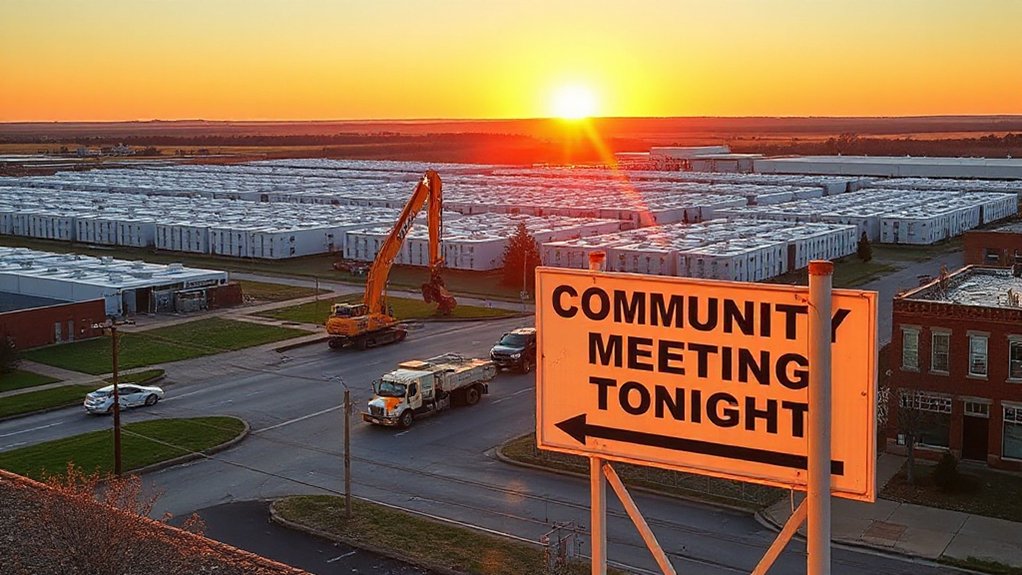While most people claim to care deeply about climate change, their understanding of carbon footprints remains woefully inadequate. The average person can’t tell you which of their daily activities produces more emissions: driving to work or eating a burger. Shocking, right? But not surprising. Research shows a massive gap between what people think they know about carbon emissions and reality. Even the smartest folks struggle to estimate whether trains or planes are better for the environment without extensive research.
We claim to care about climate change while barely understanding which everyday choices—a burger or a commute—harm the planet more.
This ignorance isn’t entirely our fault. Carbon calculations are stupidly complex. But let’s be honest – most people aren’t exactly burning with curiosity about their environmental impact. Studies measuring climate curiosity find huge individual differences in how much people actually care to learn about this stuff. Sure, some people obsessively research every product they buy. The rest of us? Not so much.
The real twist is how we compare ourselves to others. Nearly everyone thinks they’re greener than average – a statistical impossibility. Germans recognize that rich people have bigger carbon footprints and think this is unfair. Yet wealthy individuals still believe they’re doing better than their peers. Talk about delusional!
Here’s where it gets interesting. Even when people develop genuine curiosity about their environmental impact, they’re engaging in information seeking behavior that’s essential for learning in complex or uncertain situations. Your well-intentioned curiosity often leads nowhere useful. How many emissions come from manufacturing your phone? Good luck finding that information in an accessible format.
The perception gap is killing us. People recognize carbon inequality exists but simultaneously place themselves on the virtuous side of the equation. This misalignment between perception and reality neutralizes the motivation to reduce personal emissions. Studies found participants consistently use attribute substitution when estimating emissions, relying on easier-to-assess characteristics rather than actual carbon impact.
The Curiosity of Climate Changes Scale shows curiosity correlates with environmental identity and climate anxiety. Unfortunately, curiosity alone isn’t enough. Without accurate information and realistic self-assessment, even the most curious environmentalists can’t make meaningful changes. Just another way our planet gets quietly damaged by good intentions and bad information. Even the simple act of asking ChatGPT a question contributes to data center emissions that are projected to reach 2.5 billion tonnes of CO2.
References
- https://pmc.ncbi.nlm.nih.gov/articles/PMC10693195/
- https://www.frontiersin.org/journals/psychology/articles/10.3389/fpsyg.2023.986221/full
- https://business.columbia.edu/research-brief/carbon-knowledge-gap-consumers
- https://pubmed.ncbi.nlm.nih.gov/40615417/
- https://curious.earth/blog/research-sheds-new-light-on-who-pollutes-the-most/









